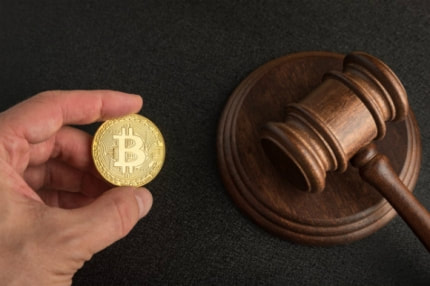Korean Special Information Act Law Enforcement, Points to Note for Virtual Asset Investors3/17/2021 As the amendment bill of the Specific Financial Information Act (Special Act) that regulates virtual asset business operators is being implemented from the March 25th, attention is also focused on whether there are any points that general investors should pay attention to.
0 Comments
Leave a Reply. |
AuthorDongWon KWAK. Korea Venture Capital and Startup Expert. Archives
January 2023
Categories
All
|

 RSS Feed
RSS Feed

